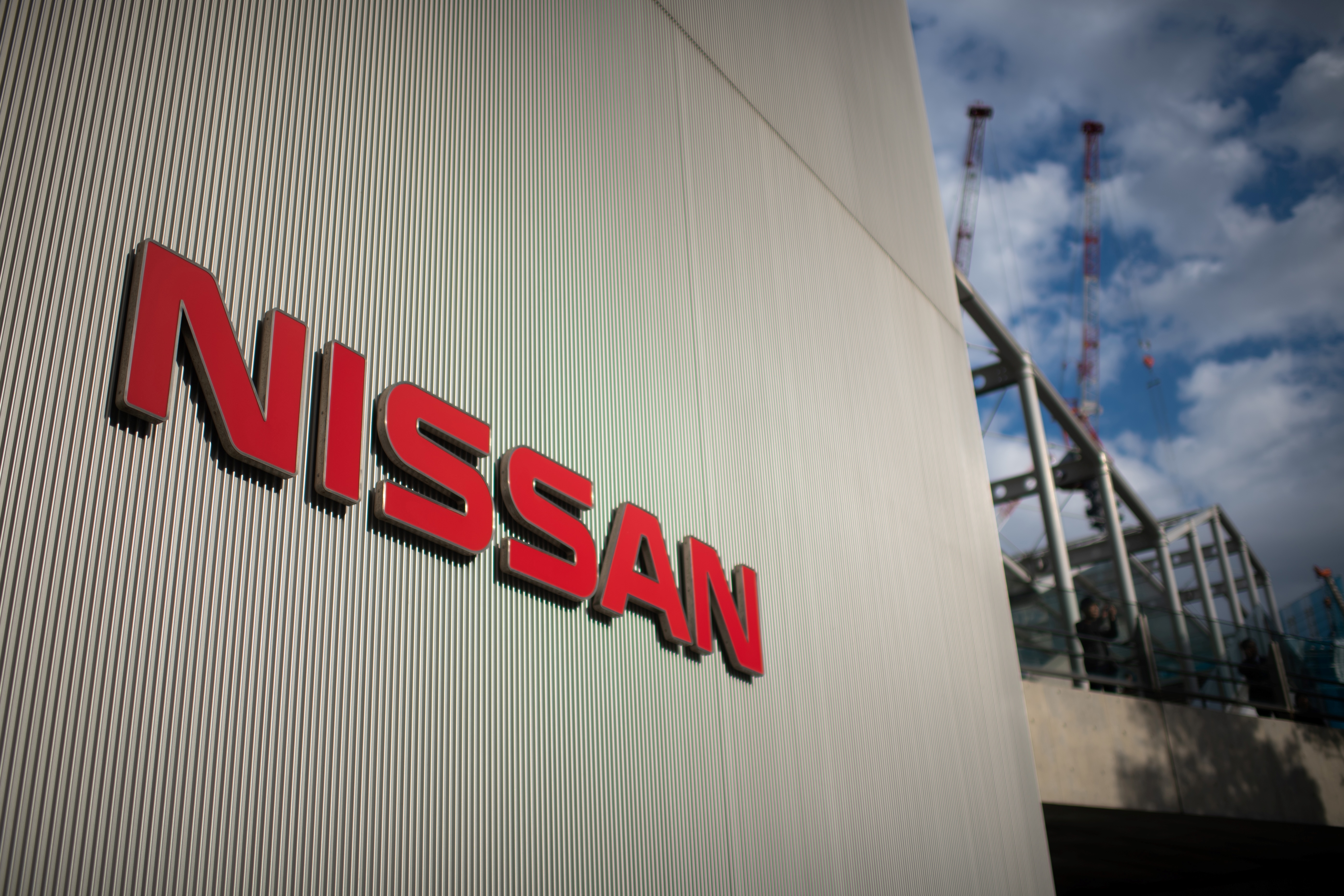Nissan mulls withdrawal from Korea as trade row continues

The logo of Nissan is seen at the headquarters of Nissan Motor Corporation in Yokohama on November 20, 2018. AFP FILE PHOTO
SEOUL — Multiple news outlets reported Sunday that Nissan’s decision-making officials have been reviewing whether to continue sales in Korea, as the Japanese carmaker has been hit hard by the nationwide boycott of Japanese goods here.
Early in July, many here began a boycott of all things Japanese after the Shinzo Abe administration restricted exports of key materials needed for Korea’s core semiconductor business. The dispute stemmed from Korean court rulings on reparations for forced laborers during Japanese colonization.
Nissan Korea declined to comment on details, citing its internal policy regarding speculative reports.
Nissan entered Korea in March 2004 and has mainly sold cars under its flagship brand Infiniti and other models like X-trail, Altima and Leaf.
But squeezed by other Japanese players such as Toyota and Honda, Nissan’s market share in Korea fell to 0.32 percent this year, having been 2.39 percent last year.
Article continues after this advertisementAccording to the Korea Automobile Importers and Distributors Association, Nissan sold 58 cars in August, about an 88 percent drop from last year, when 459 units were sold.
Article continues after this advertisementIn August, overall sales of Japanese carmakers more than halved to 1,398 units compared to 3,247 units sold in August last year.
With staggering sales, Nissan terminated the consignment contract of assembling the Nissan Rogue SUV at Renault Samsung’s plant in Busan in March. Renault and Nissan are under the Renault-Nissan family following their 1999 partnership.
This was in addition to Nissan’s cutback of the allocation of Nissan Rogue to the Korean plant from 100,000 to 60,000 units, which the company said was due to production losses caused by union strikes.
Over the April-June period, Nissan’s global operating profit dropped sharply by 98 percent and its revenues fell 13 percent on-year.
Following the second-quarter result, Nissan announced last month that it would reduce its global production capacity by 10 percent and plan 12,500 layoffs by 2022.